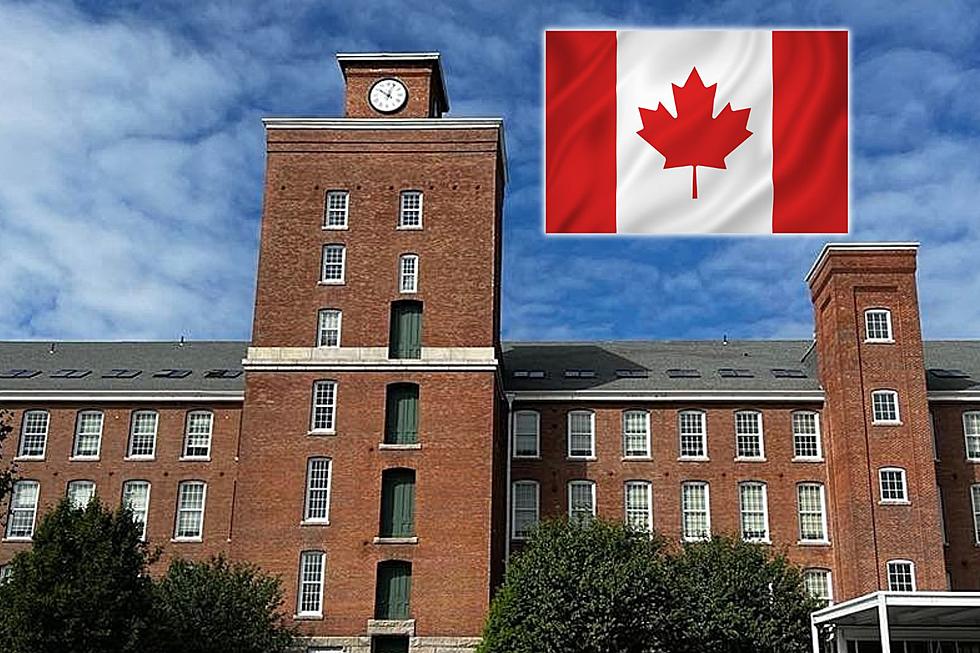
New Bedford’s Industrialization Was Fueled By Canadian Migrants
If you know me, you know I take my Irish heritage seriously. You may not know, however, that I am also Canadian and have recently begun to explore my Canadian ancestry, which is also rich and interesting.
My maternal grandfather was Irish. His mother, my great-grandmother Margaret Tobin, emigrated from County Waterford in the 1890s. My grandfather was born in Gloucester, Massachusetts in 1901.
Boston's Tobin Bridge was named after one of my peeps, Maurice J. Tobin, the 46th Mayor of Boston and the 56th Governor of Massachusetts.
I'm related to a bridge.
My maternal grandmother was born in Nova Scotia, Canada. She also settled in Gloucester at the start of the 20th century.
My father's father was born in Moncton, New Brunswick, Canada, a short distance from Nova Scotia. He also emigrated to Massachusetts in the early 1900s.
They were not alone.

Many Canadians dropped south of the border with the U.S. in the 19th century, establishing what the New England Historical Society calls "Little Canadas" all over New England, including New Bedford and Fall River and communities all over Rhode Island.
The site says, "People from the Little Canadas have toiled in textile and paper mills, defense factories, and logging camps."
Between 1840 and 1930, "about 900,000 French-speaking Canadians left Quebec to work in New England factories, mills, potato fields, and logging camps."
Many Canadian migrants found employment with textile mills in places like New Bedford, Fall River, Woonsocket, Rhode Island, Lewiston, Maine, and Manchester, New Hampshire.
According to the New Bedford Whaling Museum, "Portuguese from mainland Portugal and the Madeira islands began arriving after 1870 to work in the mills, joining earlier immigrants from the Azores and Cape Verde islands, to make the Portuguese the largest cultural community in New Bedford today."
The Portuguese were not alone. The Whaling Museum says, "French-Canadians also came to work in the mills in the years after the end of the Civil War (1865)."
"For a time around 1900, they were the largest group of immigrants in New Bedford," according to the Whaling Museum.
Historian Patrick Lacroix wrote in a July 2022 article for QueryThePast.com, "Just as New Bedford's historic importance typically goes unrecognized, so it is with its residents of French-Canadian extraction."
Most popular grocery stores in America
Quiz: Do you know your state insect?
More From WFHN-FM/FUN 107









